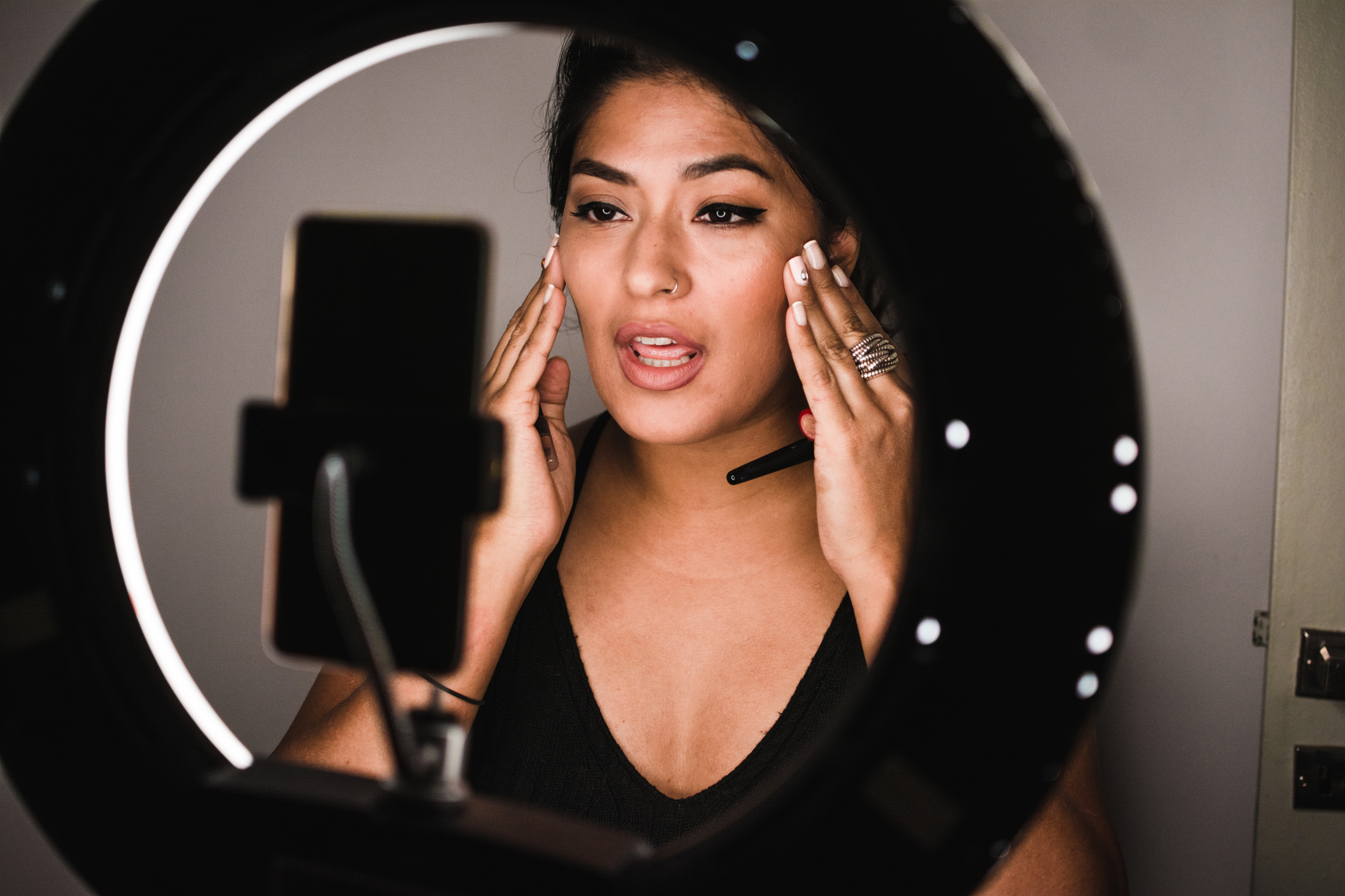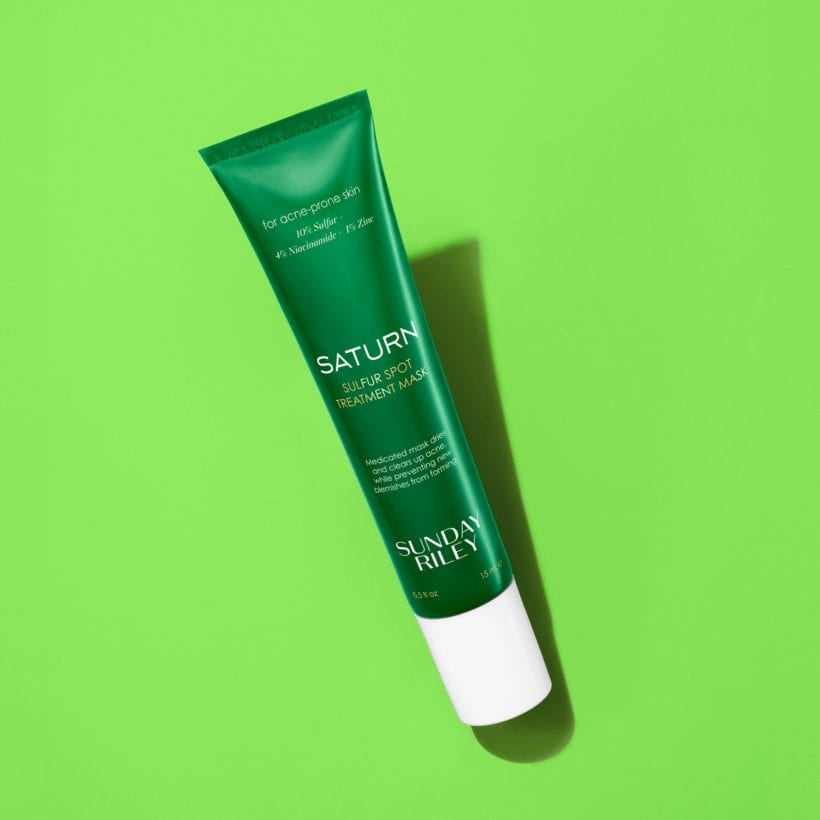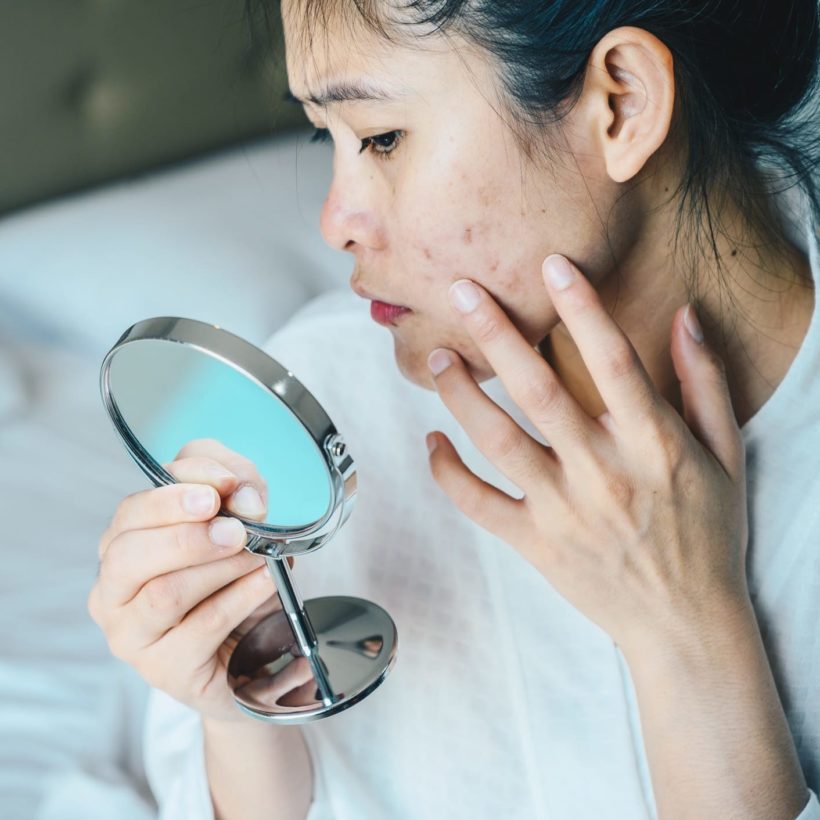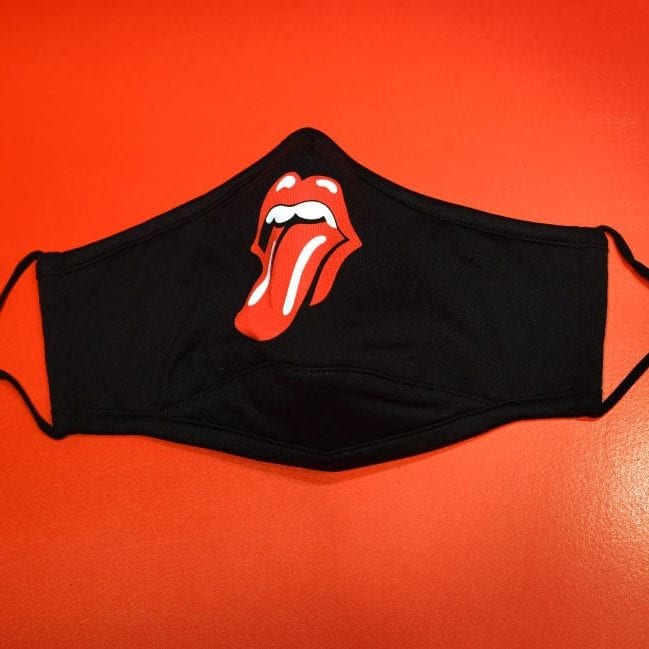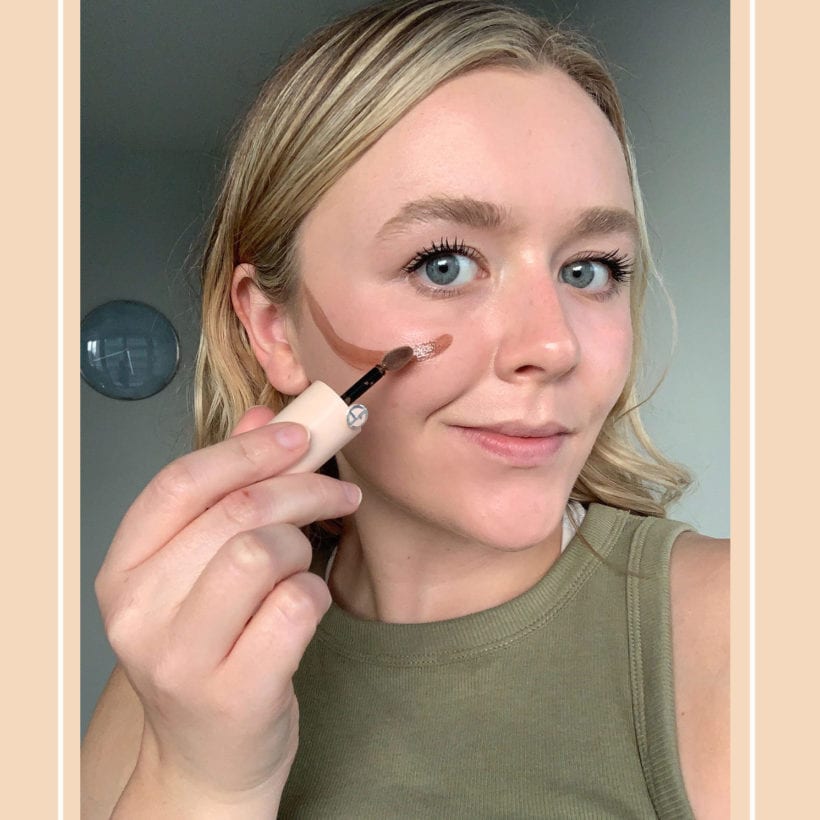There’s no denying that we’re living in a social media-saturated world. As if we weren’t spending enough time scrolling through our feeds prior to the pandemic, a new study published by USwitch showed that Americans spent more than 1,300 hours, on average, scrolling through their social media pages. While Facebook was the platform that soaked up the majority of the time, it was TikTok that saw the greatest increase in users this past year, showing a 75 percent increase in users, per the mobile analytics firm App Annie.
TikTok can be a wonderful way to spread information, but it can also spread the wrong information and lead to trends that are not doctor-approved, especially in the realm of skincare. “Viewers are often vulnerable and naïve and subject to blindly believing what they see,” says Blair Murphy-Rose, M.D., a cosmetic and medical dermatologist in NYC and the Hamptons with Laser & Skin Surgery Center of New York and Clinical Instructor of Dermatology at NY Presbyterian Hospital – Weill Cornell Medical Center.
Trends are too often followed by many, especially when they’re being disseminated at such a scale as those on TikTok. For this reason, dermatologists urgently recommend that people stick to getting their information from more credible sources like skincare experts — those with extensive training of and understanding about the skin and how the largest organ in our body functions. “Board-certified dermatologists typically focus on science-backed data to guide recommendations and spend many years learning about the skin and the anatomy,” says Dr. Murphy-Rose. “While not everything you hear or see on TikTok will be unreliable, generally speaking, the better sources of information are true experts in the field.”
To make sure you’re not following any skincare trends that have gotten their launch from TikTok, here’s a list of the ones that skincare pros have seen and recommend avoiding at all costs.
Popping pimples with your bare hands

Everyone loves a good pimple popping video, but most of the ones on YouTube are performed by qualified skin care professionals. While popping pimples can be satisfying and addicting, Tahl Humes, M.D., founder of VITAHL Medical Aesthetics in Chicago and Denver, warns against doing extractions at home with bare hands or unsanitized, unapproved instruments. “Improper extractions can result in unattractive scarring,” she says. “Any time there’s a need for an extraction, I recommend going to your medical esthetician who offers a sterile environment (including proper gloves, tools and cleaning supplies) to ensure the skin is cleaned properly so bacteria does not enter the site and cause an infection,” she says.
Using petroleum jelly as a nighttime mask
This TikTok trend, which is being referred to by users as “slugging,” involves covering your face with an ointment like Vaseline as an overnight mask. While Dr. Murphy-Rose can appreciate a thin coat of Vaseline or Aquaphor just under the eyes overnight to hydrate this delicate and sensitive area of your face, she warns that coating the entire face is likely to clog pores and trap dirt and oil. Instead, she recommends opting for a moisturizing lotion or cream that is designed for your skin type, whether it’s dry, oily or combination.
DIY injections
Skin injections, including Botox and filler, can have wonderful benefits including reducing fine lines and wrinkles and rejuvenating the skin overall, however, this process is best left up to a certified professional. The trend on TikTok is hyaluron pens, a lip filler that is sold for at-home use that has increased in popularity over the past year. Dr. Murphy-Rose warns that these pens carry inherent serious risks including infection, tissue death, blindness, as well as scarring. “Leave injections to experienced injectors with a vast knowledge of anatomy, control over the needle and the ability to identify and correct issues should they arise,” she says.
Using coffee grounds as a face scrub ingredient
Caffeine is a great skincare ingredient as it is an antioxidant that has been shown to help reduce dark circles, notes Dr. Murphy-Rose. While coffee can be used in face scrubs as a physical exfoliant, it’s not meant to be used solo. “Harsh scrubs or abrasives irritate skin and cause micro-tears, breaking down the skin barrier and even increasing the risk of infection,” Dr. Murphy-Rose warns. “Use chemical exfoliators, such as alpha-hydroxy-acids, instead of physical exfoliators, such as coffee and salt, to smooth skin.”
@relaurena fun way to wash your face and get creative with food waste! #diy #sustainable #sustainability #facewash #foryou #foryoupage
Sunscreen “highlighting”
Sunscreen “highlighting,” or the process of applying a small amount of sun protection to some areas while avoiding application on others, is a harmful recommendation that dermatologists do not condone. “Sun protection via the use of broad-spectrum mineral sun protectant containing zinc oxide and/or titanium dioxide with an SPF of 30 or higher, should be applied to cover all skin,” says Dr. Murphy-Rose. “As a general rule of thumb, you should apply 2 fingers worth of skin to cover your face, ears and neck (and more for a bare scalp) and use approximately a golf ball or a shot glass-sized amount to cover your whole body.” She recommends reapplying that same amount every 2 hours or after getting wet (including swimming and sweating).
Toothpaste as a spot treatment
Toothpaste is designed for use on your teeth only — not your face. “Using toothpaste as a spot treatment for pimples can be excessively drying and irritating to the skin, causing worsening of the blemish,” warns Dr. Murphy-Rose. Instead, she recommends opting for an over-the-counter spot treatment containing ingredients like salicylic acid, sulfur or benzoyl peroxide or seeing a board-certified dermatologist for a professional evaluation and recommendations.
We only recommend products we have independently researched, tested, and loved. If you purchase a product found through our links, Sunday Edit may earn an affiliate commission.
